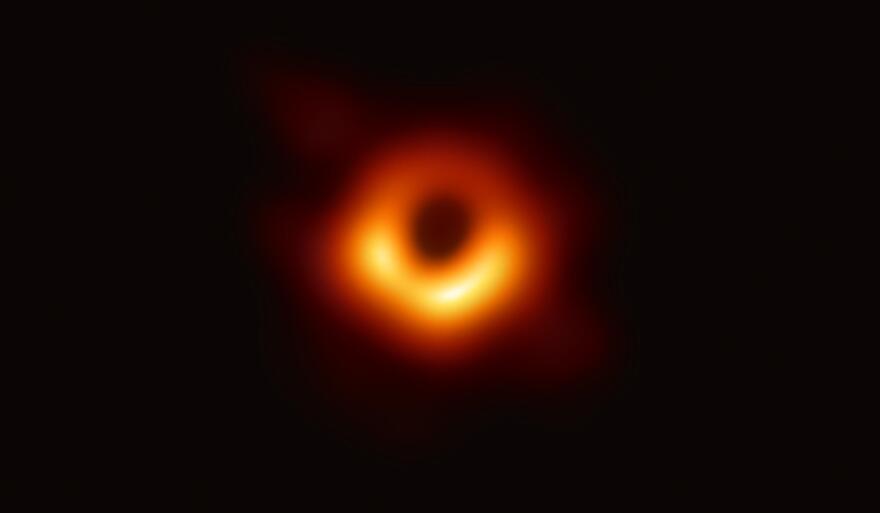One of this year's winners of an award some call the "Oscar of the Physics World" is a team that included 30 people on the Big Island working at two telescopes atop Mauna Kea.
The award’s more formal name is the Breakthrough Prize in Fundamental Physics — and it's one of the most prestigious in science.
The Breakthrough Prize for Fundamental Physics is the latest award for the team from eight locations around the world that confirmed and created the very first image of a black hole earlier this year.
"It's exciting to have the work we're doing here in Hawaii and around the world be recognized as some of the most important science being done anywhere,” said Geoff Bower with the Submillimeter Array, one of two telescopes on Hawaii Island that were part of the project.
Bower says observations were made once a year for 10 days, over several years. The observatories, in Hawaii, Arizona, Mexico, Chile, the South Pole, Greenland, Spain and France, timed their observations to a fraction of a nanosecond.
Planning for each year's observation took the whole year, and then the data was shipped to a central location for analysis.
In a blending of science and culture, scientists worked with Larry Kimura of the University of Hawaii-Hilo College of Hawaiian Language, who gave the image of the black hole the Hawaiian name Powehi.
"This has been a really rich and meaningful conversation,” said Bower: “The name Powehi, which Uncle Larry was able to give the object, captures so much. Po meaning fathomless darkness and wehi meaning adorned, in the way the black hole, this deep dark thing, is adorned by light. It's really great to have this positive conversation, sharing our knowledge with each other."
The breakthrough prize is not only prestigious — theoretical physicists Stephen Hawking and Kip Thorne are previous recipients — but it carries a cash prize of $3 million. That will be split among 347 scientists, engineers, technicians, and telescope operators.
Thirty people on the Big Island will each receive around $8,600.


